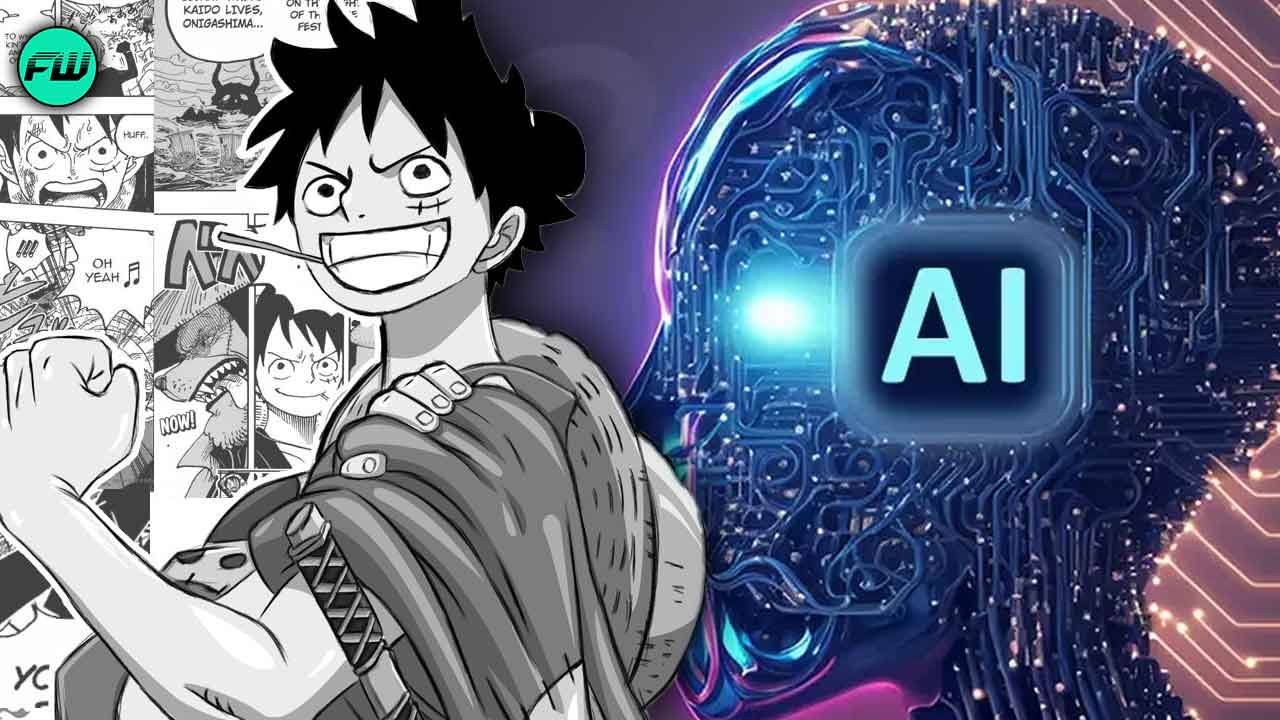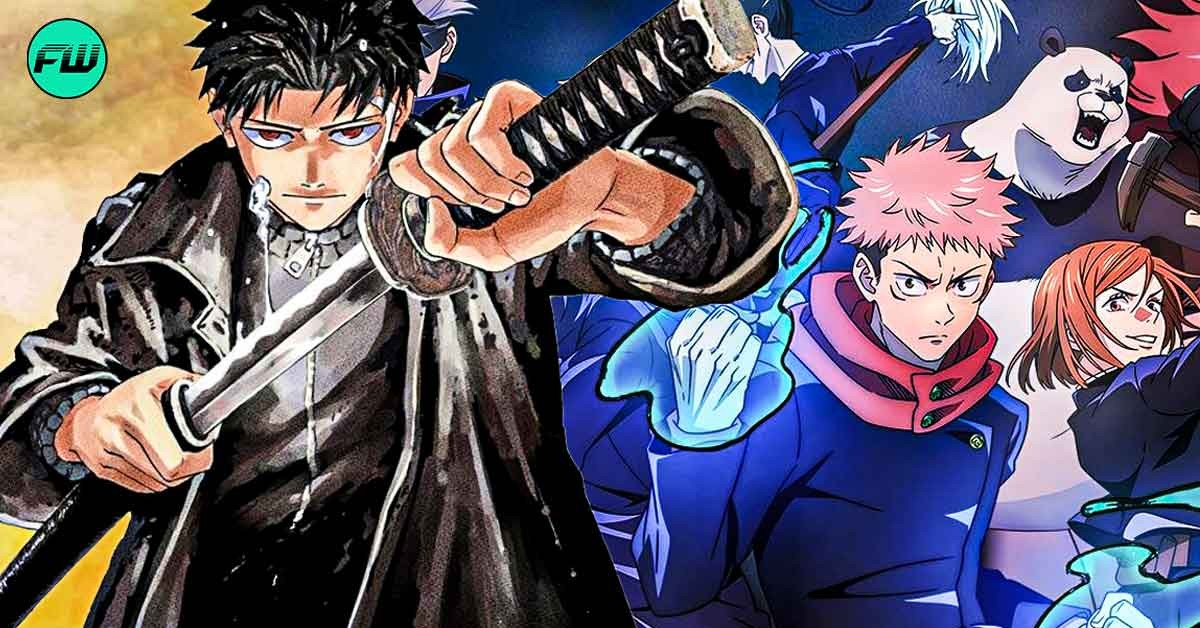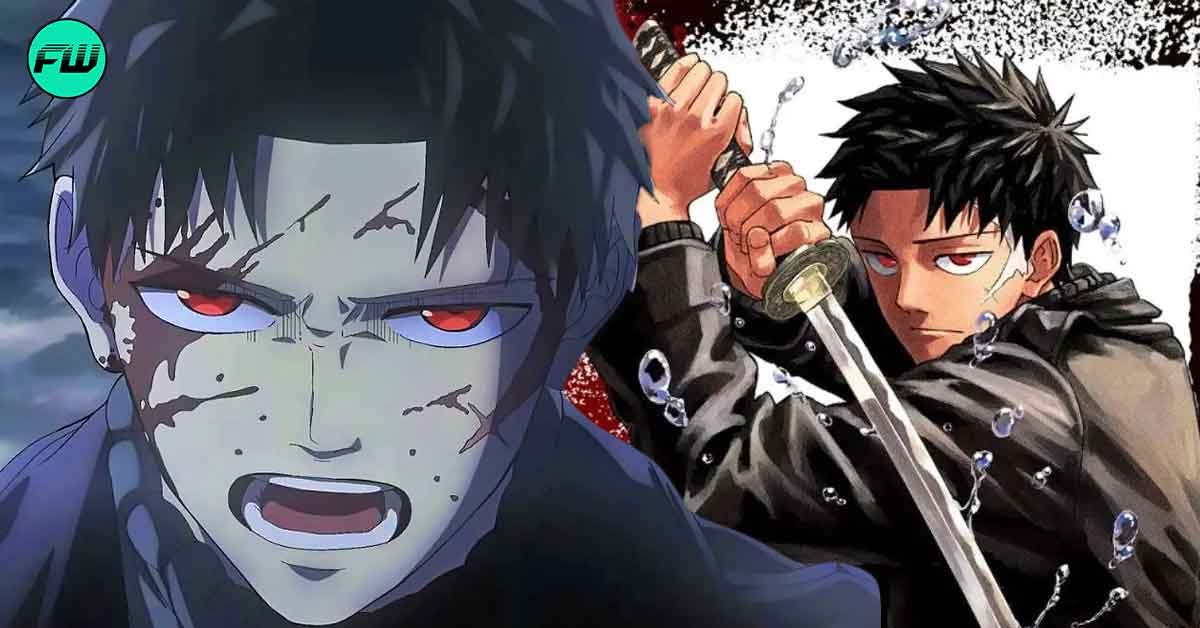There has been considerable debate concerning the application of AI in the arts and creative sectors, particularly in the manga and manhwa industries. Most notably, organizations such as Crunchyroll are using AI technologies to finish their graphic novels and subtitles. This lowers overall costs and speeds up the production of content. At the same time, they have also led to a range of concerning consequences for the overall industry.
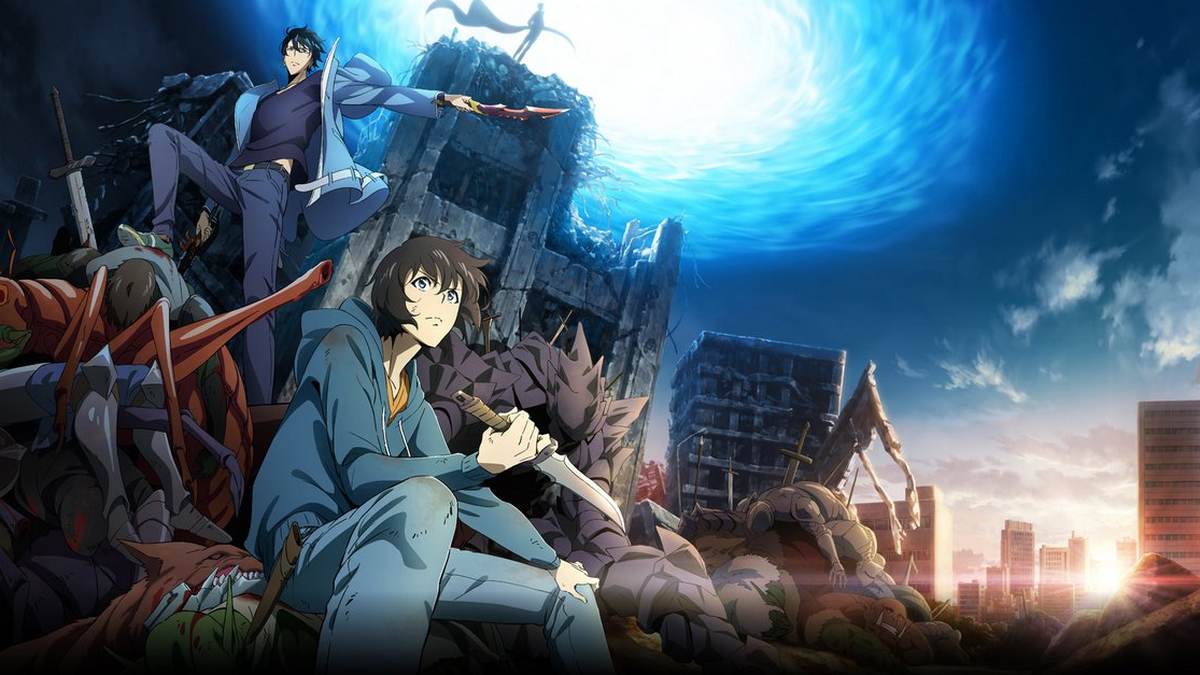
Many people might not be aware that the manga or Manwha they adore has shallow depth in both its artwork and language. Some see artificial intelligence as a potent instrument for efficiency and innovation, while others worry that it might endanger the jobs of human creators. Let’s examine the controversial position that AI plays in this beautiful art form.
1. Comicopa: Shonen Jump’s AI Assistant
Recently, Comicopa, an artificially intelligent tool, was released by one of the well-known manga magazines, Shonen Jump, to assist manga artists in the creation and organization of their material. Essentially, Comicopa wants to make simple chores like character naming, dialogue refinement, and creative recommendations more efficient. Although the tool may be used in several dimensions, it is far from flawless.
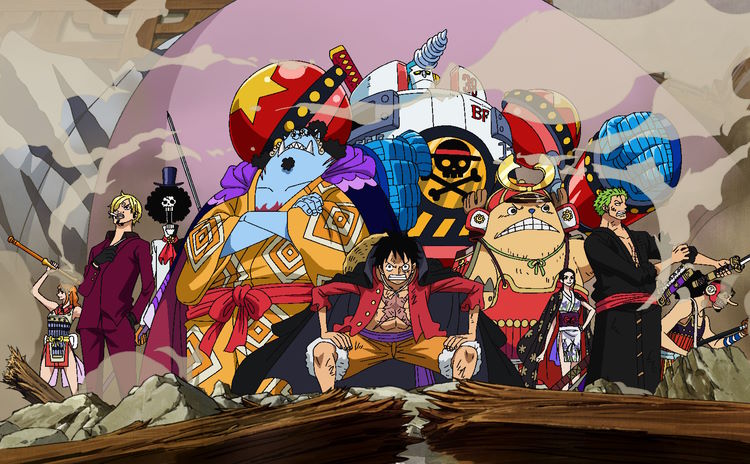
The AI tools also lured Eiichiro Oda, the renowned creator of One Piece. He tried using AI to help with some of his chapters, but the results were disastrous. Oda himself acknowledged that he employed the tool out of a lack of time, but it was a poor idea. Although the magaka’s work may be made simpler by the AI technologies, they still have a negative impact on the story.
2. Job Displacement
The industry is afraid of unemployment in the near future due to the exponential rate at which AI technologies are advancing. Despite their global fame, the manga and graphic book industries are very competitive, with many skilled artists barely making ends meet. Sometimes a publisher’s only option when a manga’s popularity declines is to either make expense reductions or cease publishing the manga altogether.
These difficult decisions may have to be made, forcing the replacement of individuals with special creative vision, emotional nuance, and storytelling skills—qualities that AI is not able to mimic simply.
3. AI Translation
The fact that manga and manhwa are well-known worldwide makes hiring translators important as well. To cut costs, a lot of Japanese and Korean businesses are translating their material into many languages using AI systems. Although the tools speed up the process, it also raises concerns about the authenticity and emotions lost in automated translations. Translation of these graphic novels is a laborious process, and finding qualified translators can often be challenging. Since the publisher is not also familiar with all the languages, it is challenging for them to recognize and fix these issues.
These tools are being used by a large number of translators, despite poor translation. At the Korean Literature Translation Institute’s annual award ceremony in December, a Japanese translator recently took home the Rookie of the Year title. The translator claimed to have used the tool as a dictionary, however, others translate online novels without even knowing the languages they are translating, which leads to inaccurate translations.
4. AI Allegations in Webtoons
There are several claims in the webtoon business that the production’s artwork was created utilizing AI tools. The popular webtoon The Knight King, created by Blue Line Studios, first released its chapters. The artwork for the webtoon was made entirely by AI, and although it looked fantastic, the studios were unaware that the entire chapter’s artwork was lifted from the well-known anime Mushoku Tensei: Jobless Reincarnation. Later, the studios acknowledged using AI for ‘final adjustments’.
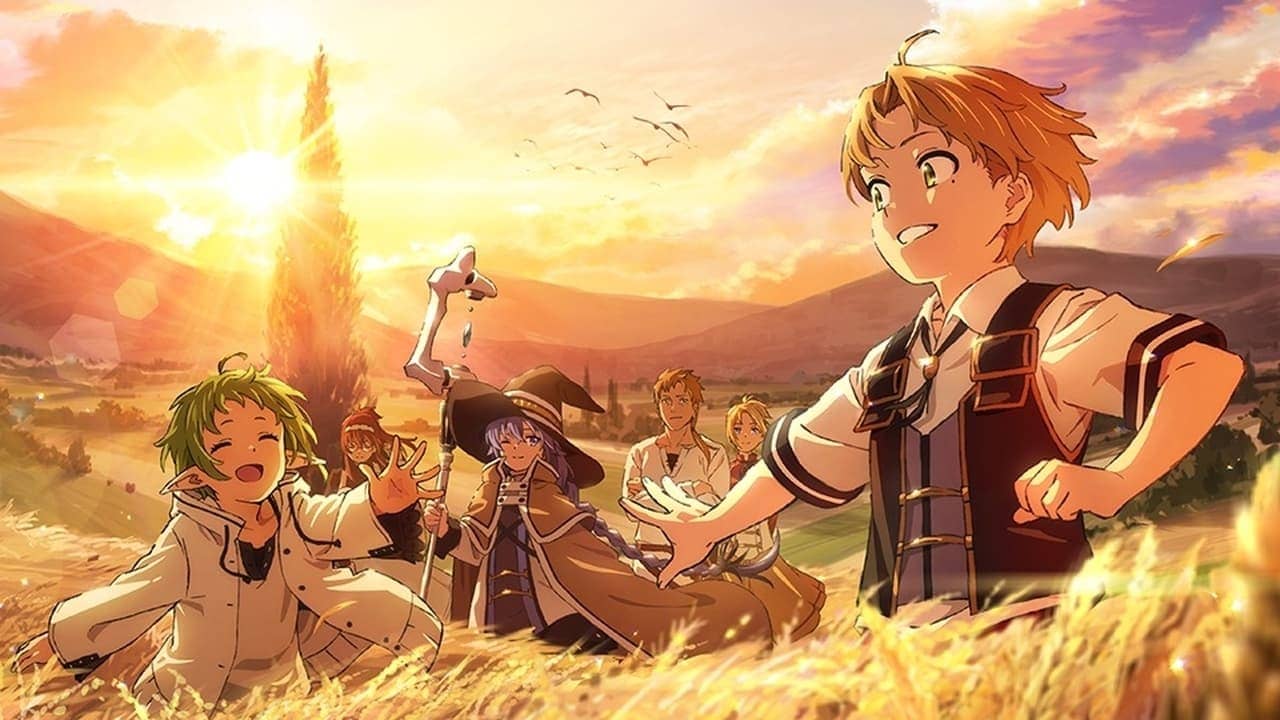
Even with their superior algorithms, these technologies are unable to produce unique artwork. One significant example is the large number of reincarnation/system-based webtoons, with AI tools being a contributing factor, in which the protagonist has a striking resemblance to Jin-Wioo from Solo Levelling. The moral ramifications of using AI to create art are still debatable.

